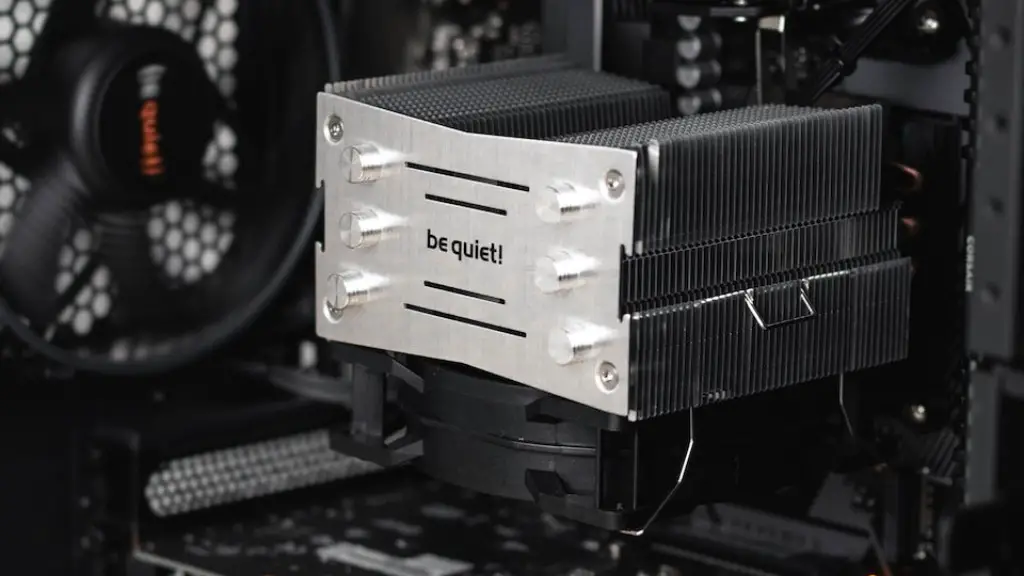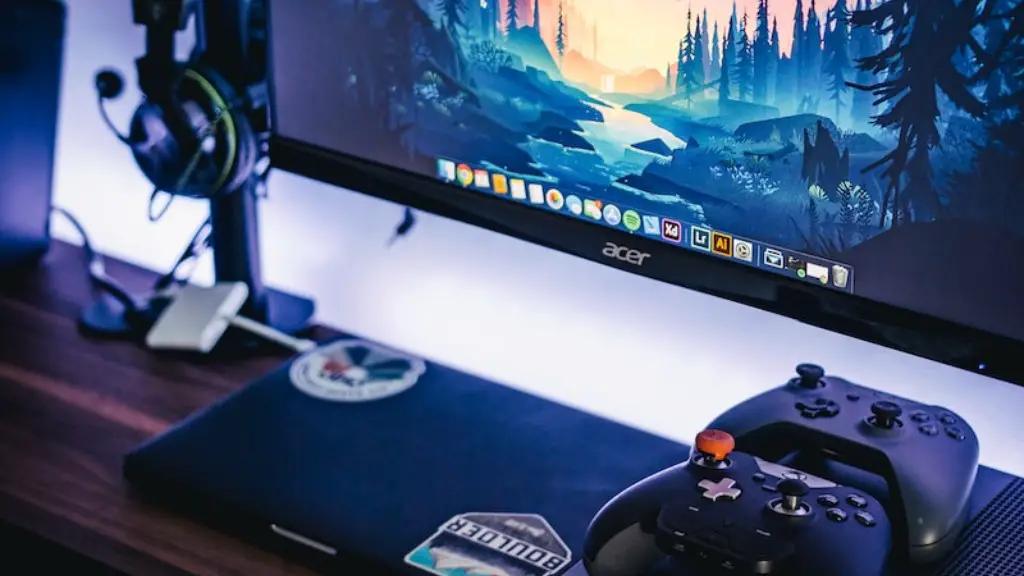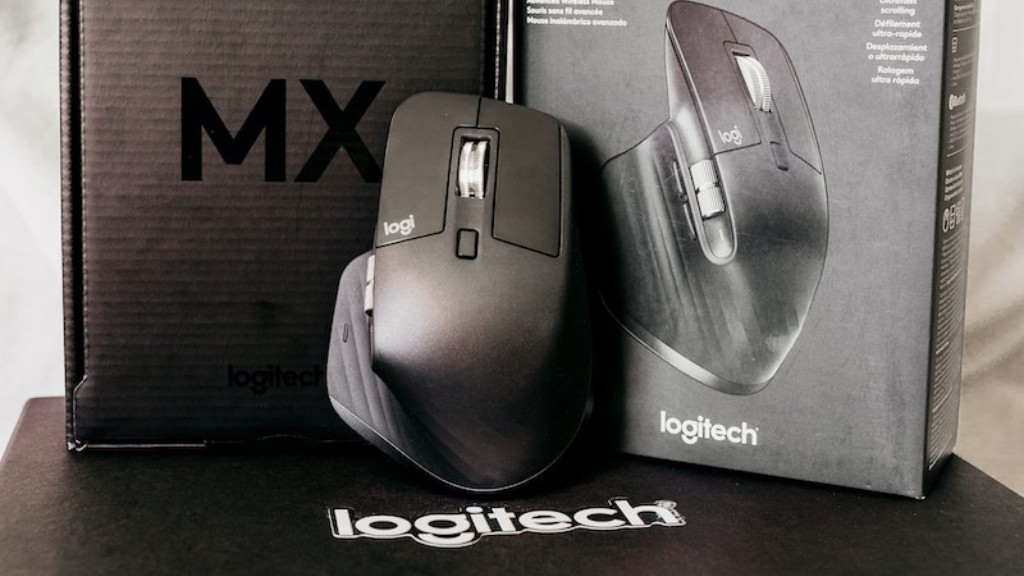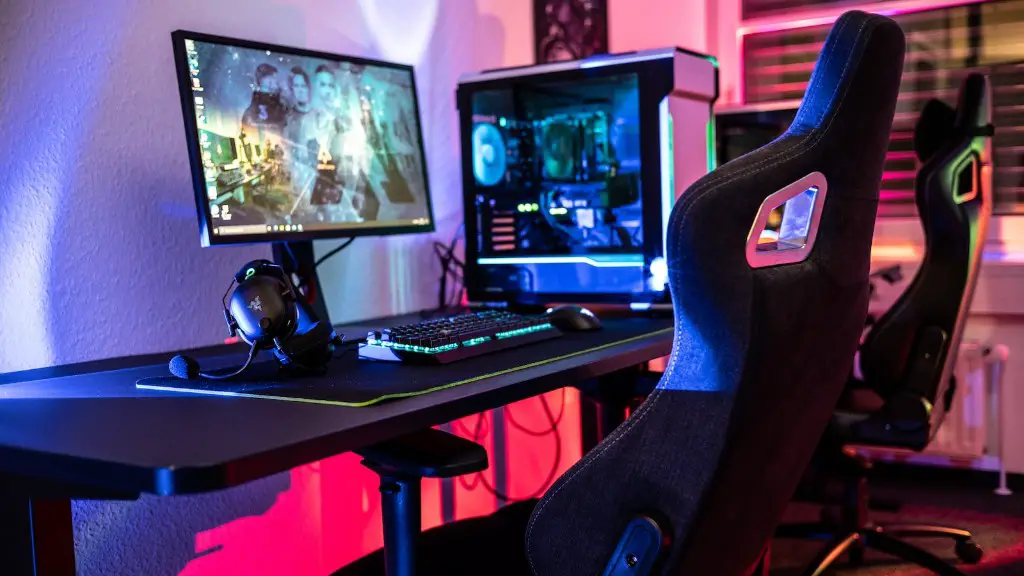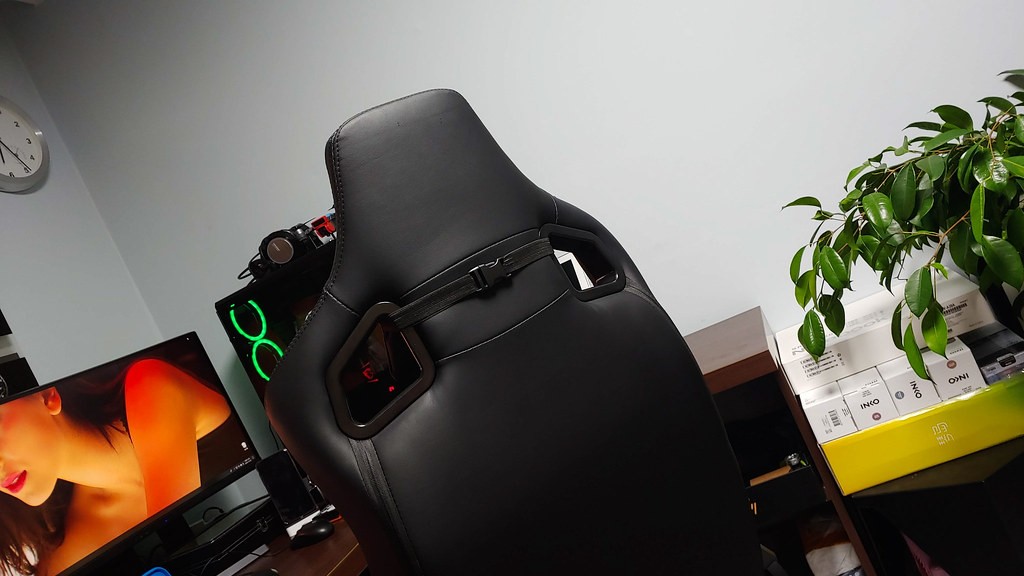Selecting the best gaming PC for your needs is no easy task. It can be an overwhelming experience with so many options to choose from. Whether you’re a beginner or a veteran player, you need to consider a variety of components before deciding. This article will provide some tips to help guide you in selecting the best gaming PC for you.
The most important component to consider when buying a gaming PC is the graphics card, as this is what will determine the graphical capabilities of your system. Since modern games push graphics cards to their limits, you’ll want to make sure the one you select is powerful enough to handle the latest titles. You’ll also want to buy a graphics card with advanced features such as NVIDIA’s RTX series, or AMD’s Radeon RX series.
When choosing a processor, you’ll want to select one with multiple cores and a high clock speed. To take full advantage of a top-of-the-line graphics card, you’ll need a processor with the power to handle it. Depending on your budget, you can select an 8-core processor or higher.
When looking at RAM (random access memory), you’ll want to look for as much as you can afford — 8GB is a good starting point for a gaming PC, but more is always better. Fast memory also helps enhance your gaming experience, so make sure to select RAM with a high clock speed.
Storage plays an important role in gaming PCs, as game files can be very large. You may want to look for an SSD (solid-state drive) rather than a traditional HDD (hard disk drive), as SSDs offer faster loading times and better performance. A good size for an SSD is at least 500GB, but you can always opt for higher.
Cooling is another important factor in selecting a gaming PC. You’ll want to make sure your system has sufficient cooling to avoid overheating due to the high power of modern games. Liquid cooling systems are a great option to look into, as they will keep your PC running optimally.
Finally, you’ll need to select a power supply that’s powerful enough to handle all of your components. Aim for a power supply with at least 600 watts, but more powerful supplies can be used for overclocking and for future upgrades.
Graphics Card
The graphics card is the most important part of any gaming PC. It is a vital component that affects the performance of games and the visuals they produce. When selecting a graphics card, you’ll want to choose one that is powerful enough to handle the latest games and graphic effects. Some of the top graphics cards on the market include NVIDIA’s GeForce RTX series and AMD’s Radeon RX series.
These cards are equipped with features such as ray tracing and AI that provide superior graphics and gaming experiences. Additionally, they have advanced cooling designs, making them more reliable and quieter than other cards. When selecting a graphics card, make sure to take into account the cost of each one, as well as the power it delivers.
To get the best performance from your graphics card, you should also pair it with the right processor. Powerful CPUs, such as Intel’s i9 series or AMD’s Ryzen series, will require a top-of-the-line graphics card to handle their power. A mid-range CPU such as Intel’s i5 or AMD’s Ryzen 5 will also work well with a mid-range graphics card.
Lastly, you’ll want to make sure that the graphics card you choose has enough ports to attach the peripherals you plan to use. This includes your monitor, speakers, and other components. To ensure compatibility, look for a graphics card with HDMI, DisplayPort, and DVI ports.
Processor
The processor is one of the most important components of a gaming PC. A good processor will provide faster performance and enable a smoother experience. Higher-end processors, such as Intel’s i9 series or AMD’s Ryzen series, provide the power needed to handle the latest games and other graphics-intensive tasks such as video and photo editing.
It is important to match the power of your processor with the power of your graphics card. If you opt for a more powerful graphics card, you’ll need a processor that can keep up. If you are on a budget, a mid-range processor such as Intel’s i5 or AMD’s Ryzen 5 will still offer decent performance.
One of the advantages of having a powerful processor is that it can be overclocked. This will boost the performance of your system, enabling you to get more power out of your components. However, overclocking can also damage your hardware and void the warranties of certain components.
Before you purchase a processor, make sure to read the specifications and determine if it will meet all of your needs. Pay close attention to the number of cores, the clock speed, the socket type, and the memory channels.
If you are a beginner, you may want to look for a processor with built-in graphic processing capabilities. This will eliminate the need for a dedicated graphics card, allowing you to save money while still getting good performance.
RAM
Random Access Memory (or RAM) is vital for a gaming PC. It is used to store game data and enable quick access for the processor and graphics card. To get the most out of your gaming experience, you should look for a system with 8GB of RAM or more.
You may also want to look for RAM with a higher clock speed. This will provide faster performance and better responsiveness, as well as reduce any lag that you may experience. Additionally, if you plan to do more than just gaming on your PC, more RAM will help you multitask.
When choosing RAM, make sure to pay attention to the type of RAM your motherboard supports. For example, if you have a newer motherboard, it may require DDR4 RAM. If unsure, you can consult your motherboard’s manual or website to determine the type of RAM it can support.
You may also have to decide between single-channel or dual-channel memory. Dual-channel memory will provide faster performance, but it is more expensive than single-channel memory. If you opt for dual-channel, make sure your motherboard can support it.
RAM is an important part of any gaming PC, so make sure to select the right type and amount for your system. To get the best performance and stability, aim for at least 8GB of RAM.
Storage
Storage space is important for a gaming PC, as modern games require a lot of space. The best storage option is a solid-state drive (SSD), as it is fast and reliable. An SSD is much faster than a traditional hard drive and can drastically improve loading times and overall performance.
When selecting an SSD, look for one with at least 500GB of storage. Having more storage will also allow you to store more data, such as extra game files, videos, and photos. Additionally, if you are a streamer, an SSD can be useful for recording and editing videos.
If you are on a tight budget, you may want to opt for a hard drive (HDD). HDDs offer much more storage space for the same price, but they are slower than SSDs. This can lead to longer loading times, which can be especially detrimental for gaming.
In addition to the main storage drive, you may also want to consider adding a secondary drive. This drive can then be used for additional storage as well as backup. A secondary HDD will offer more storage capacity, while a secondary SSD will improve loading times.
Storage is a vital component of any gaming PC. To ensure good performance and plenty of storage, opt for an SSD with at least 500GB of space.
Cooling System
A good cooling system is essential for a gaming PC. Gaming systems can generate a lot of heat, so it is important to keep the components from overheating. A good cooling system will help keep your system running cool and stable.
Air cooling is the most common type of cooling system. It is cheaper and more reliable than liquid cooling, but it is not as effective. Air coolers use fans to draw out heat from the components, keeping them at a safe temperature.
Liquid cooling can provide better cooling and more options for overclocking. It is more expensive than air cooling, but it is more effective and quieter. Liquid cooling uses fans and liquid to draw heat away from the components and dissipate it.
Both air and liquid cooling systems have their own pros and cons, so it is important to determine which one is right for your system. If you’re a beginner, an air cooler should suffice. However, if you’re looking for more advanced cooling solutions, a liquid cooler may be a better option.
Your cooling system is a vital part of your gaming PC, so make sure to select the one that best suits your system and budget.
Power Supply
Your power supply is essential for powering all of your components. It is important to choose a power supply that is powerful enough to handle all of your components and provide reliable power. You’ll want to look for a power supply that is at least 600 watts or higher.
When selecting a power supply, make sure to look at its features. You’ll want to look for one that is 80 Plus certified, as this means it is efficient and won’t waste power. Additionally, you may want to look for a power supply with modular cables, as this will help keep your system neat and organized.
You should also make sure the power supply you select is compatible with your components. Different CPUs and GPUs require different power connectors, so make sure to check the specs of your components and select a power supply with the right connectors.
A good power supply is essential for any gaming PC. Look for one that is 80 Plus certified and compatible with your components.
